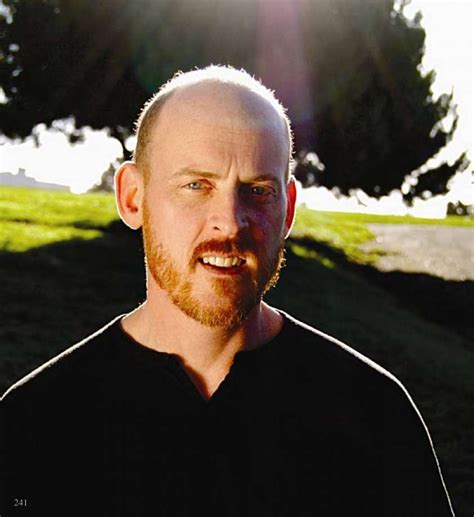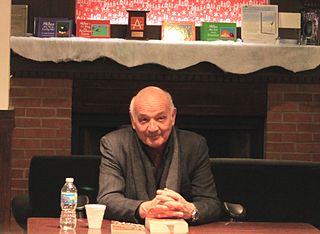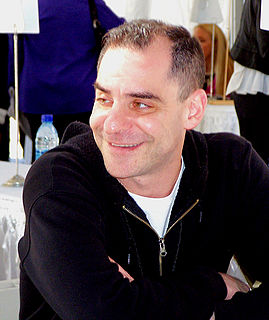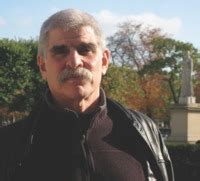A Quote by K. M. Soehnlein
Living in the world of the workshop, which I do as a teacher, you have to be articulate about craft. And that often involves imposing analysis on work that's in a pretty raw state.
Related Quotes
The world is God's workshop; the raw materials are His; the ideals and patterns are His; our hands are "the members of Christ," our reward His recognition. Blacksmith or banker, draughtsman or doctor, painter or preacher, servant or statesman, must work as unto the Lord, not merely making a living, but devoting a life. This makes life sacramental, turning its water into wine. This is twice blessed, blessing both the worker and the work.
My notion of a failed writing workshop is when everybody comes out replicating the teacher and imitating as closely as possible the great original at the head of the table. I think that's a mistake, in obvious opposition to the ideal of teaching which permits a student to be someone other than the teacher. ... The successful teacher has to make each of the students a different product rather than the same.
Art is craft: all art is always and essentially a work of craft: but in the true work of art, before the craft and after it, is some essential durable core of being, which is what the craft works on, and shows, and sets free. The statue in the stone. How does the artist find that, see it, before it's visible? That is a real question.
Why has mankind had such a craving to be imposed upon? Why this lust after imposing creeds, imposing deeds, imposing buildings, imposing language, imposing works of art? The thing becomes an imposition and a weariness at last. Give us things that are alive and flexible, which won't last too long and become an obstruction and a weariness. Even Michelangelo becomes at last a lump and a burden and a bore. It is so hard to see past him.
Thinking isn't something you think about. It comes naturally. Thinking involves many things. It involves being an observer. It involves analyzing things, taking in what's around you in the world and finding how to make it inspire your work or turn it into a lesson to teach your children; it's paying attention to details. That's what thinking is: processing.
If you ask a living teacher a question, he will probably answer you. If you are puzzled by what he says, you can save yourself the trouble of thinking by asking him what he means. If, however, you ask a book a question, you must answer it yourself. In this respect a book is like nature or the world. When you question it, it answers you only to the extent that you do the work of thinking an analysis yourself.
I was in analysis for many years, and one of the things analysis does is open up forbidden territories. It opens up those unconscious, instinctual urges that you then have to deal with. I'm like a Frankenstein of analysis. I'm able to go back and forth between the world I've created inside of myself and the real world, which is something I think a lot of people who write and paint and make art do.





































